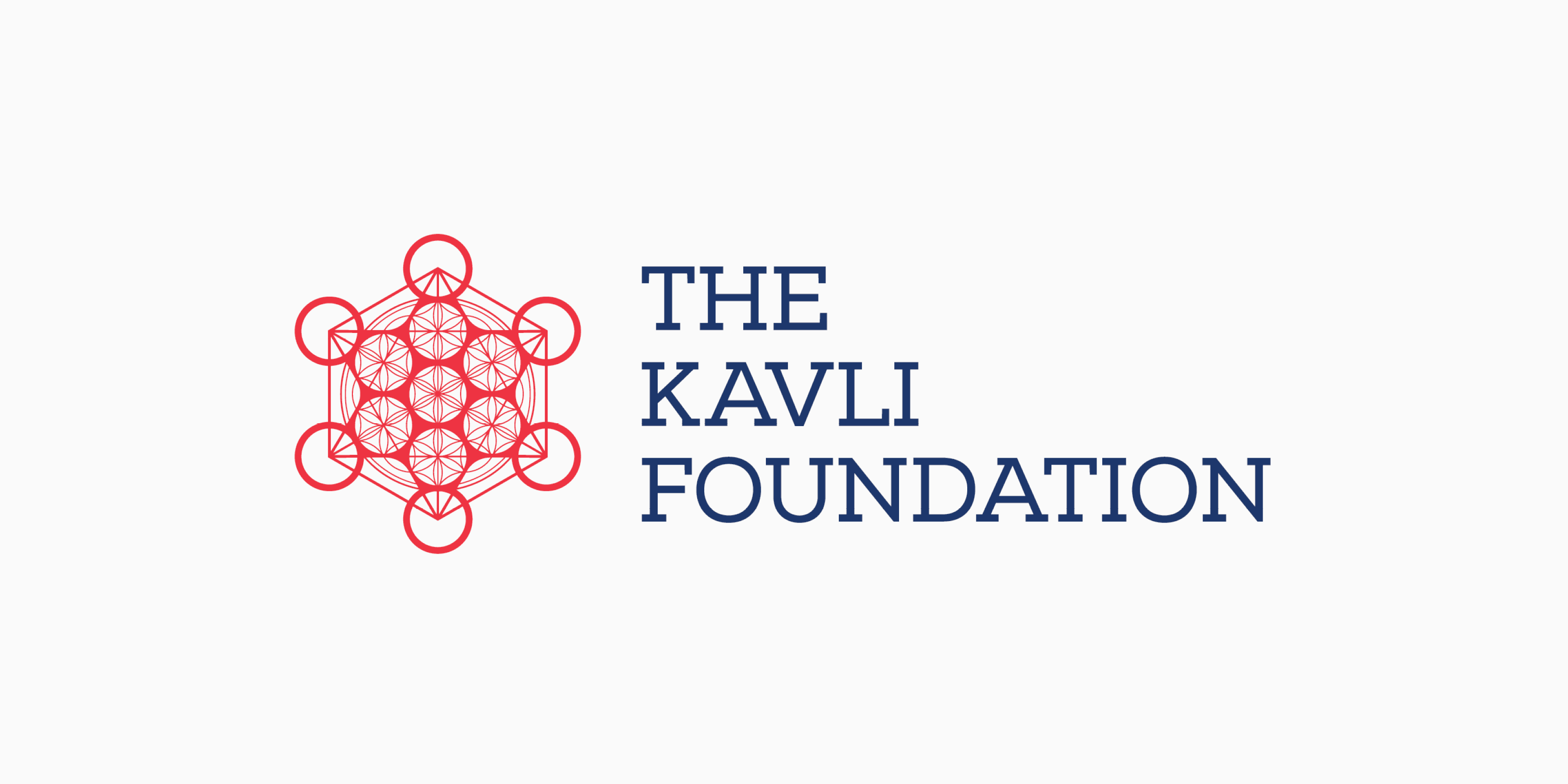Two Kavli centers focusing on ethics, science, and the public, one at UC Berkeley, and the other at Cambridge University, were launched last December in order to measure the effects of scientific discoveries on the public, more specifically their ethics. These centers will be led by eminent experts, so at Berkeley, artificial intelligence specialist Stuart Russell, along with two Nobel Prize winners: Saul Permutter and Jennifer Doudna, also Kavli Prize winners, will be for philosopher and ethicist Jay Wallace, bioethicist Jodi Halpern, neuroscientist Jack Gallant and finally historian and writer Elena Kunis.
Advancing Science for the Benefit of Humanity, the DNA of the KAVLI Foundation
In 2000, Fred Kavli set himself the goal of advancing science for the benefit of humanity and created his foundation to fund basic research in the fields of astrophysics, nanoscience, neuroscience, and theoretical physics. The Kavli Foundation supports research institutes in any of these four sciences at universities around the world. By collaborating with academies, corporations, and charitable organizations…, it aims to have people, scientific processes and products make a meaningful contribution to society. The Kavli Prize was created to celebrate breakthroughs in astrophysics, nanoscience, and neuroscience – large, small and complex. This iconic international award is a partnership between the Kavli Foundation, the Norwegian Academy of Sciences and Letters, the Norwegian Ministry of Education and Research and the AAAS Kavli Awards for Science Journalism, of international standing. Fred Kavli says:
The Kavli Foundation supports basic science because we believe in its long-term benefits to humanity. We are looking for benefits that may be far into the future, benefits that may be hard to predict, but if we look back, the benefits of science have been proven over time. The fruits of research are not always instant and often unpredictable. Often the benefits are the result of unexpected results from an exploration out of purely intellectual curiosity.”
Kavli Center for Ethics, Science and the Public
Thanks to science, researchers have continued to make remarkable discoveries with the goal of making our society evolve and regenerate, but these can pose ethical or safety problems such as advanced neuroscience, genetics and science. Artificial intelligence … Who is responsible for general ethical considerations Scientific discoveries? Two Kavli Centers for Ethics, Science and Public – at the University of California, Berkeley, and the University of Cambridge have been established to engage the public in the exploration of the ethical and societal implications arising from scientific discovery. These centers aim to bring together the public, scientists, ethicists, sociologists, and communication specialists in scientific matters, very early in the process of scientific discoveries, in order to determine their potential implications for the company and to participate in relevant discussions. Cynthia Friend, President of the Foundation declared:
“We pledge to democratize the way we think, collaborate, and communicate about scientific discoveries and their ethical implications, ensuring public participation in the process. It is time to take that approach.”
UC Berkeley and the University of Cambridge are exploring ways to meet the dual need to train scientists to be aware of the ethical and public opinion implications of their findings and to engage in early and deliberate discussions with the public about them.
UC Berkeley Kavli Center
UC Berkeley’s Kavli Center will lead a select group of prominent scientists, ethicists, philosophers, and journalists on campus, each with extensive experience with ethical issues in their respective fields and reinvent the way scientists train to start with the fields of neuroscience, genetics, and artificial intelligence. In addition to artificial intelligence expert Stuart Russell, these leaders include Nobel Prize winner Sol Perlmutter, who provided some of the first evidence that the expansion of the universe is accelerating, Nobel Prize winner Jennifer Doudna and Kavli, known for discovering the gene-editing tool CRISPR; Theoretician and moral philosopher Jay Wallace, bioethicist Jodi Halpern, neuroscientist Jack Gallant, and historian and writer Elena Kunis. Stuart Russell, Senior Center Director says:
“In addition to answering fundamental questions about the ethics of science, the Kavli Center will create a generation of scientific leaders who have seen how other scientific disciplines grapple with ethical issues and who have real training in the philosophical analysis of these questions. It is not just about changing public policies, it is about changing public policy. What it means to be a good scientist is all of the disciplines that can influence the audience.”
The Kavli Center at the University of Cambridge
This new center will explore to what extent the ethical consequences of science in different cultural contexts and areas of investigation such as genomics, big data, medical research and emerging technologies are managed thanks to an important network of ethics professionals. and audience participation, drawn from the UK, China, India, Russia and Japan. It will be led by world-renowned sociologist and genetic counselor Anna Middleton with support from sociologist and bioethicist Richard Milne, and journalist and host Catherine Galloway; She will be able to draw on the skills of creative sector expert, animator Vivienne Parry, OBE, education and sociology professionals, from Susan Robertson, and lastly, in-depth expertise in genomics and engagement from audience Julian Rayner. Anna Middleton, Director of the Center commented:
Whether it’s discovering the structure of DNA, sequencing 20% of COVID viruses globally, or developing the first artificial intelligence, Cambridge has for centuries been at the forefront of science. Grâce à une collaboration avec des experts de la culture populaire, nous trouverons les fondements permettant de communiquer autour d’idées complexes liées aux problématiques éthiques soulevées par la science, l’objectif étant que nous puissions qués to auxé relatives auxé to society.”
The work and observations of the Kavli Foundation in scientific and social matters, in particular research in 20 Kavli Institutes around the world, where various inspiring and revolutionary scientific works are carried out, ranging from decoding brain activity to creativity from artificial cells are the origin of the creation of these centers.

“Subtly charming problem solver. Extreme tv enthusiast. Web scholar. Evil beer expert. Music nerd. Food junkie.”


